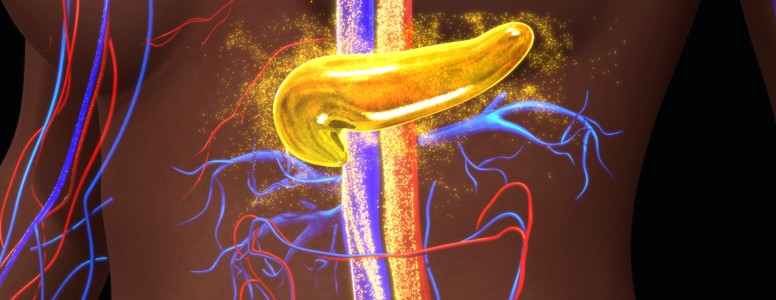Green-fingered researchers say Mother Nature could help to prevent blindness, potentially improving outcomes for those with diabetes-related eye problems.
A study has looked at the Hyacinthaceae plant family and the compounds they produce, which could have potential for developing future treatments.
Naturally occurring compounds have previously been shown to have anti-inflammatory and anti-oxidative effects, so researchers from the University of Surrey, UK, teamed with scientists from Kingston University and Indiana University, US, to experiment with this plant family due to its long tradition of being used by healers.
Several of the naturally grown compounds, called homoisoflavonoids, were isolated as being able to stop the growth of abnormal blood vessels which can be problematic as part of diabetic retinopathy.
Several isolated active compounds were shown to slow the growth of new blood vessels, with one synthetic derivate shown to be particularly promising.
“The relative effects of the natural products described here on each of these enzymes will be a valuable topic for future exploratio,” said the researchers. “Our results will open the doors to the development of further synthetic analogues […] to treat blinding eye diseases.”
Diabetic retinopathy is a common of diabetes caused by high blood glucose levels which damage the retina at the back of the eye. The signs of retinopathy can be recognised at an early stage, before vision is affected, by attending annual retinopathy screening appointments.
Attending retinopathy screening is important as the condition can lead to blindness if the condition is not spotted early and left untreated.
Keeping blood glucose levels within a normal range can help to lower the risk of diabetic retinopathy.
Professor Dulcie Mulholland, Head of Department of Chemistry at the University of Surrey, said: “It goes without saying that losing your eyesight is a devastating experience. We believe that our results hint at possible future treatments for many degenerative eye conditions and it appears that nature still has many secrets to reveal.”
Dr Sianne Schwikkard, School of Life Sciences, Pharmacy and Chemistry, at Kingston University, said using natural resources for treatment has “huge potential”. The researcher added that the work has “produced a real opportunity to further collaboration and has the potential to bring new breakthroughs in the treatment of degenerative eye-diseases”.
The findings have been published in the American Chemical Society journal.
What's new on the forum? ⭐️
Get our free newsletters
Stay up to date with the latest news, research and breakthroughs.






